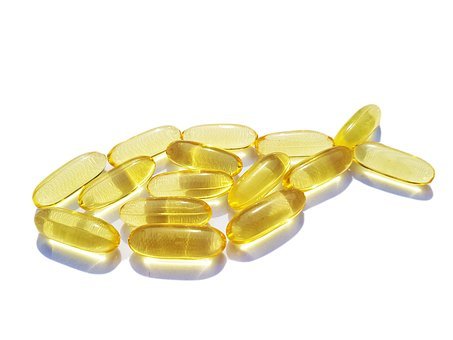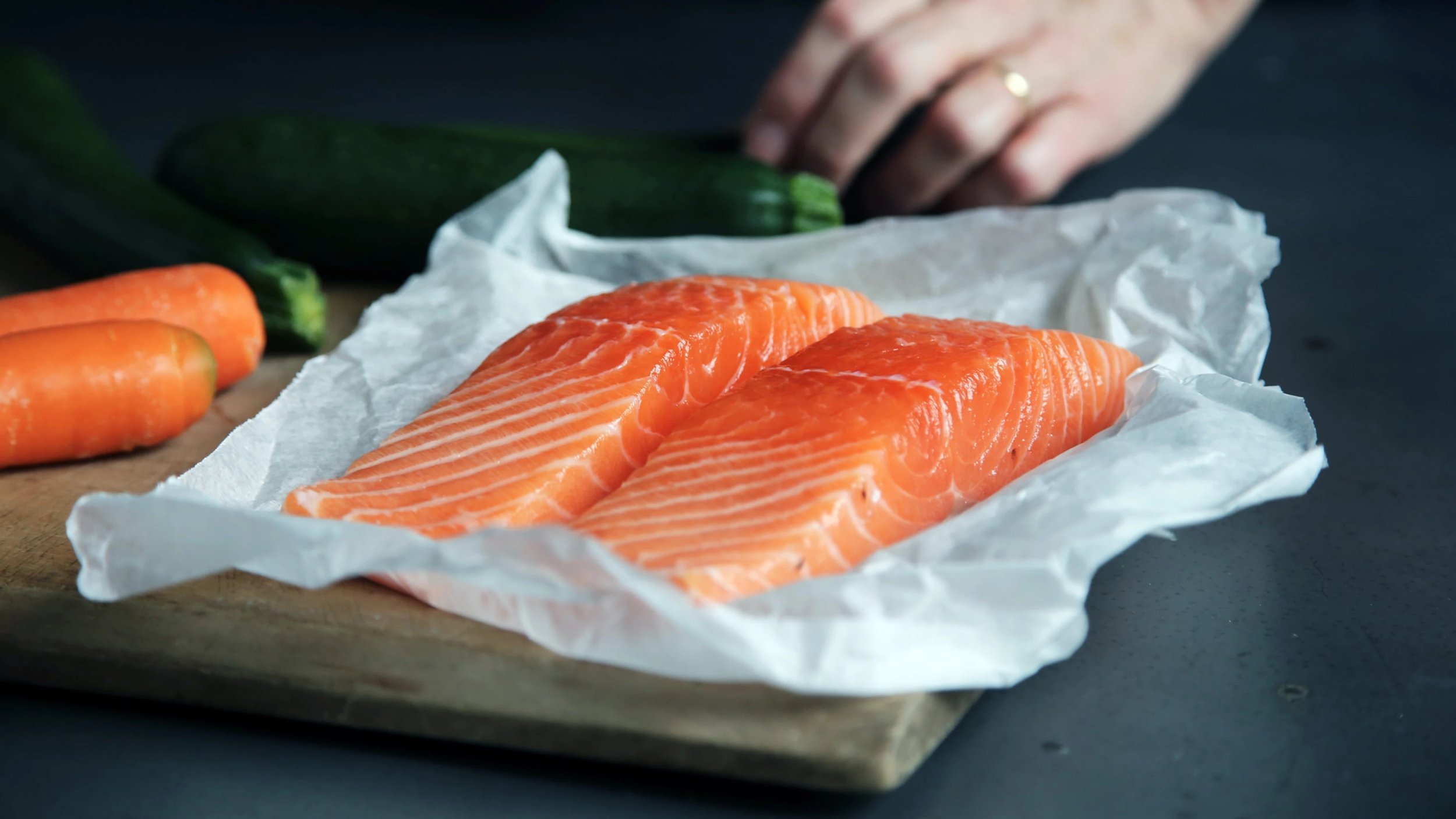Omega 3 Fatty Acids FTW!
So many of our clients crinkle their nose when we bring up omega 3s - “ew the fishy supplement”!? But omega 3s don’t exclusively have to come from supplements...you can get what you need from food too! But if you do need a supplement, we’ve got some tips for those pesky fish burps. Read on to find out why we love these little omegas so much!
There are three main types of omega 3 fatty acids. They are eicosapentaenoic acid (EPA), docosahexaenoic acid (DHA) and alpha-linolenic-acid (ALA). You are probably thinking, “yiiikes, are those even words?”, but here’s the important stuff:
These three fatty acids are considered “essential” for humans because our bodies do not make them on their own. We need to get these nutrients from foods that are high in omega 3s in order to optimize our health. Why, you ask? Omega 3 fats are an important part of our cell membranes and affect how the cells work. They play an important role in making hormones that regulate inflammation, blood clotting and how arteries relax and contract (like, in your heart). Pretty important work.
The most notable health benefits of omega 3s are their role in heart health but they have also shown promise in improving neurological function (mood, depression, memory disorders, stress, stroke risk), immunology, and may have protective roles in cancer and other conditions. They are important in pregnancy for the growing fetus and have shown some signs of helping hair and skin health, but further research is needed.
So what foods have omega 3s in them? Foods like fish (duh! But specifically fatty fish like salmon, anchovies, tuna and mackerel), vegetable oils, nuts, flax seeds, and some vegetables are all sources of omega 3. If you eat fish twice a week, you are likely meeting your omega 3 needs. If you are not a fish fan you can still get omega 3s from eating ALA-rich plant sources (see above) and from foods that have been fortified with omega 3 like eggs, yogurt, milk, soymilk and orange juice. The body can convert ALA to EPA and DHA but it's unlikely to be in adequate amounts. So… this is when a supplement may come in handy!
The American Heart Association recommends taking 1 gram supplemental omega 3 per day (a combination of EPA and DHA). Most omega 3 supplements are derived from fish but a vegan source of DHA is available from phytoplankton (a microalgae), also known as “algae oil”. Supplements come in a liquid form or soft gels. It’s up to you which you prefer, just make sure to keep it out of the sun (so it doesn’t oxidize) and/or in the fridge if it indicates this on the label. If you have taken omega 3s before and suffer from “fish burps'', try taking the supplement with food, at night, or frozen! It might help.
Ok, after all that science-y info, why should you consider omega 3s in your diet?
Bottom line: your body will love you for it. Omega 3 fatty acids For The Win!
If you are interested in learning about other important vitamins and minerals, check out our other blogs talking all about vitamin D, calcium and magnesium. If you have questions about any other supplements, head on over to our Instagram @the_nutritionroom and send us a DM. We LOVE to answer your questions.
References




